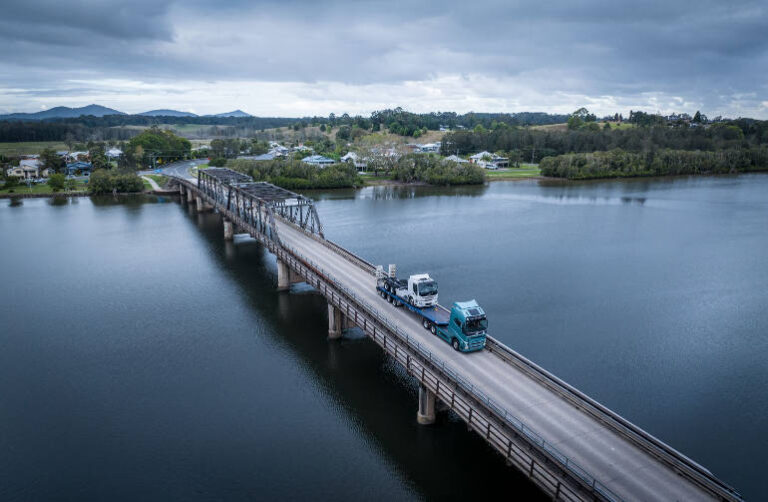The National Road Transport Association (NatRoad) has welcomed the release of the International Road Transport Union (IRU) Green Compact Survey Report 2025, saying the global findings can help guide a cost-effective and equitable transition for Australia’s road freight sector.
NatRoad CEO Warren Clark said the report provides valuable, evidence-based data showing how Australia’s decarbonisation progress compares internationally, particularly against Europe.
“The insights contained in the Green Compact Survey Report give us the opportunity to learn from experiences overseas and get the settings right here so we can achieve the most effective transition to a low-carbon future—one that is realistic, achievable and cost-effective for Australia’s road transport operators,” Clark said.
He emphasised that the transition must be economically viable for small and medium operators already operating on tight margins and facing uncertainty around costs.
“We will continue our calls for governments here to assist with the transition by engaging with the road freight industry and listening to our concerns,” he said.
Global insights show shared challenges
The IRU report, which surveyed operators across multiple countries, found that Australian carriers face many of the same challenges as those in Europe—chief among them the cost of new technology, inadequate infrastructure, and limited customer willingness to share the additional expense of decarbonisation.
Key findings include:
- 71% of Australian operators are concerned about decarbonisation (compared with 82% in Europe).
- 67% of Australian operators aren’t monitoring their carbon emissions, compared with 56% in Europe.
- 67% of Australian operators cited customers’ unwillingness to cover extra costs as a barrier, versus 58% in Europe.
- 50% said infrastructure was not ready to support new technology (45% in Europe).
- Only 25% of Australian fleets are under five years old (compared with 57% in Europe).
- 75% of Australian operators plan to continue investing in diesel vehicles.
Clark said the data highlights that while zero-emission technologies are important, incremental improvements in existing fleets remain critical.
“Emissions reduction can be achieved with technology and tools we already have,” he said. “The research data shows us many Australian operators are decarbonising by increasing existing diesel vehicle efficiency.”
Practical steps already underway
NatRoad’s Get Fleet Fit program was developed to help operators reduce emissions and operating costs with their current diesel fleets. It focuses on fuel-efficient driving, better maintenance practices, and driver training to improve fuel management.
Alongside industry initiatives, NatRoad has been advocating for policy changes to support practical decarbonisation. Recent submissions include recommendations to the Productivity Commission’s inquiry into cheaper, cleaner energy—urging measures to increase low-carbon fuel supply and affordability—and a review of the Australian Carbon Credit Unit (ACCU) scheme, proposing simplified access for smaller operators.
A call for a fair and inclusive transition
Clark said it was encouraging to see strong participation from Australian operators in the global survey.
“It’s encouraging to see the local industry participate in this global survey and make sure our voice is heard,” he said. “We’ll continue pushing for a transition that’s realistic, achievable and fair for all operators—not just the largest players who can afford early adoption.”
The IRU Green Compact Survey Report 2025 provides a global snapshot of the industry’s progress toward net zero, offering data-driven insights that can help shape future policy.






